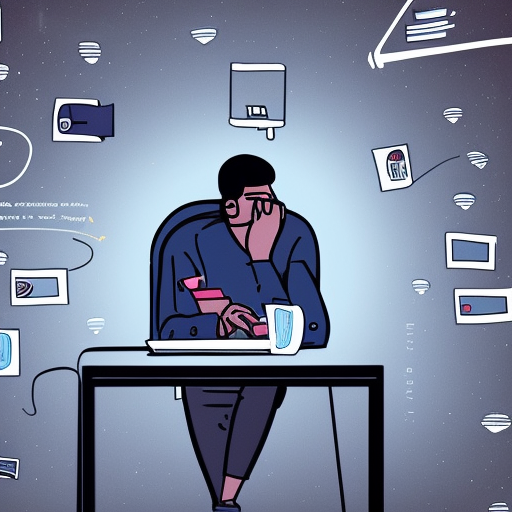
Will it leak or be announced that a campaign speech, advertisement, or political speech in an EU country or the United States was written by ChatGPT or other LLMs, in 2023?
🏅 Top traders
| # | Name | Total profit |
|---|---|---|
| 1 | Ṁ2,457 | |
| 2 | Ṁ1,992 | |
| 3 | Ṁ1,171 | |
| 4 | Ṁ1,029 | |
| 5 | Ṁ559 |
People are also trading
A US House Floor Speech should count, right?
@Primer I agree this should be resolved in the affirmative but this seems to be kind of against the spirit of the question considering ChatGPT was used because it had to do with the content of the bill and not because it was actually the most effective tool for the job
@Julian Rookie mistake. Market resolutions aren't about the perceived spirit of the question, they're about the autistically-specified details of what the description does or does not explicitly say.
@jonsimon Yes that's why I agreed that it should be resolved in the affirmative. The "making a point about AI" thing was mentioned below, I think my mistake in predicting no was forgetting about House floor speeches.
Actually, speaking of which, does that count as "major"? "Major" is left undefined and this speech was made to like a couple dozen people.
It was already used by a judge to make a ruling
https://www.theguardian.com/technology/2023/feb/03/colombia-judge-chatgpt-ruling
@MetroWind Well at least this is what Bard has to say:
It is difficult to say for sure whether or not a politician would publicly admit that their speech was written by AI. There are a number of factors that could influence a politician's decision, including the political climate, the audience, and the politician's own personal beliefs.
In some cases, a politician may be more likely to admit that their speech was written by AI if they believe that it will help them to connect with voters or to make their message more persuasive. For example, a politician who is running for office on a platform of technological innovation may be more likely to admit that their speech was written by AI, as this could be seen as a sign that they are embracing new technologies.
On the other hand, a politician may be less likely to admit that their speech was written by AI if they believe that it will damage their credibility or make them appear less intelligent. For example, a politician who is running for office on a platform of traditional values may be less likely to admit that their speech was written by AI, as this could be seen as a sign that they are out of touch with the people they are representing.
Ultimately, the decision of whether or not to publicly admit that a speech was written by AI is a personal one that each politician will need to make for themselves. There is no right or wrong answer, and the decision will likely depend on a variety of factors.
@ConnorDolan Speaking of which, what is your standard of proof? How is a potential leak verified to be indeed true? Must the person who used the AI admit it?
If it's "somebody accuses someone else of using AI to write a speech" then I'd like to change my position, because that will almost certainly be a smear regardless of if it's true.
@ConnorDolan Hmm, it seems like just an accusation isn't enough. I think some supporting evidence will be required-for instance, if Scott Aaronson's GPT detector was able to detect these things.
@XavierDunikowski I think "substantially written". So, if it was written by AI then tweaked, that counts. If it was a couple bullet points from ChatGPT, that doesn't count.